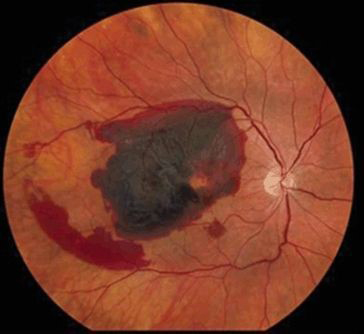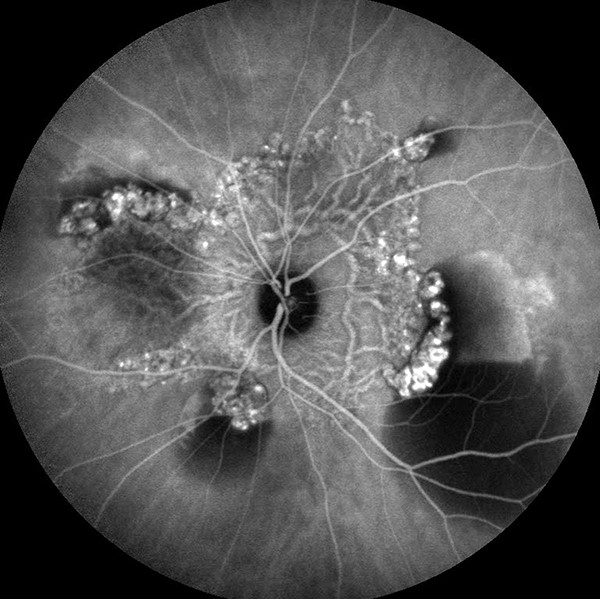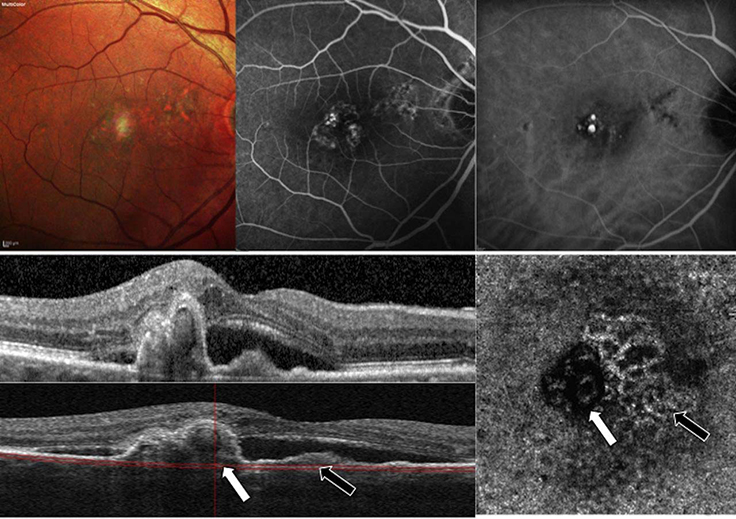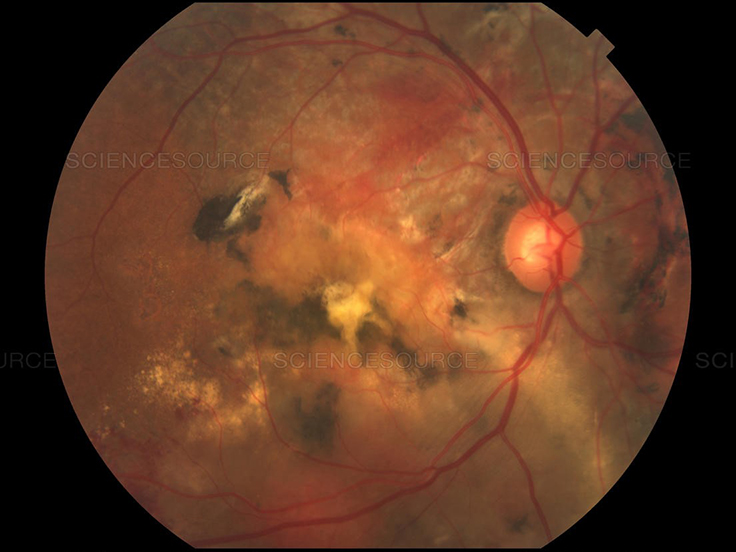01
What is PCV?

Polypoidal choroidal vasculopathy (PCV) is a disease primarily affecting the vascular layer of blood vessels in the choroid, resulting in damage to the overlying retina where the photoreceptor cells responsible for vision reside. The abnormal vessels in PCV are unique in their appearance because they appear as orange bulges, or resemble a ‘bunch of grapes’ and sometimes a ‘string of pearls’.
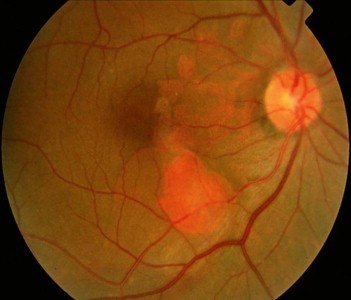
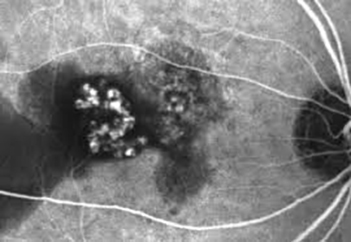
Who are at risk of PCV?
- Tends to occur in individuals over the age of 60 (but may occur much younger)
- Affects those of Asian and African descent more than Caucasians
- History of cigarette smoking
- Hypertension
- Family history
02
Is PCV considered part of wet AMD?

03
What symptoms does it cause?

04
What tests are necessary to diagnose this condition?

05
How is PCV best treated?

06
What is the prognosis with and without treatment?


